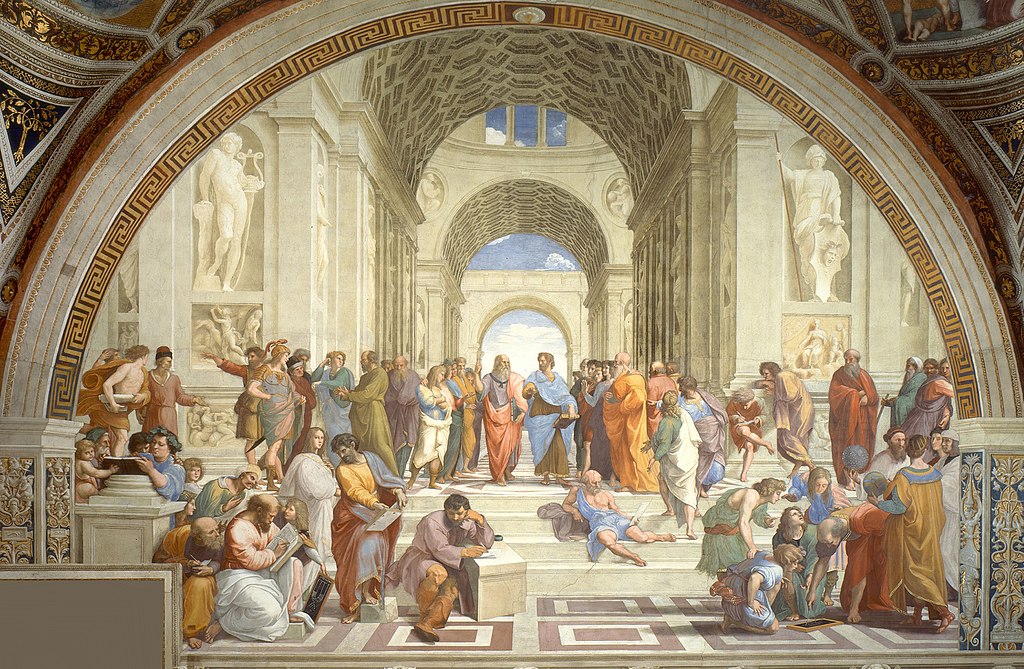
The fundamental aspects of creativity is that creativity is need-based and data-driven. We tap into our creative minds because we have problems to solve or a keen desire to express something inspired by prior experiences. Everything we create is rooted in what has been created, learned, or experienced before and everything we create will inspire future creations. This is true for both human creativity and AI creativity.
Regardless of how we perceive the data—whether it’s information that we read, learn, dream or are exposed to, experiences we have, people we meet, or algorithms we program—everything we create has a visible or invisible connection to everything that has been created before. AI models are clear proof of this, and they are characteristically no different from human creativity.
We are concerned that AI has the ability to access large amounts of data in milliseconds, which makes AI incomparably smarter than humans. I cannot help but wonder why we have the need to be faster and have access to vast amounts of data at all times. Why do we assume that creativity is solely dependent on quick access to large/collective data? I’m certainly not saying that people don’t need to build their creative muscle, but creativity is only partially related to what we read and theorize; it has much more to do with what we do and how we experience the world.
AI models have access to a vast amount of data, but there is still so much they don’t know. Reflecting on what I might know better than any AI model brought to mind my childhood home.
Back in the days long before Google Maps, people used to describe places using specific landmarks. Mine was “the street of newlyweds – turn left before reaching the cemetery.” I would visualise it as the beginning—with the newlywed store that the street was described with—and the end, the cemetery. I felt as though I was living right in the middle of life, probably also at the center of the world, both literally and figuratively.
No AI model knows anything about this little neighborhood, nor any other large neighborhood, in the way that we do. Every breakthrough in history has had a significant element of personal experience, and each of us has specific data from our experiences that can be leveraged to innovate. Only part of knowledge is learned, the greater part is observed, experienced, and lived through.
So, I’d suggest we aspire to make great use of what we actually know, embracing our unique strengths, stories and experiences, instead of feeling disheartened by the capabilities of machines.